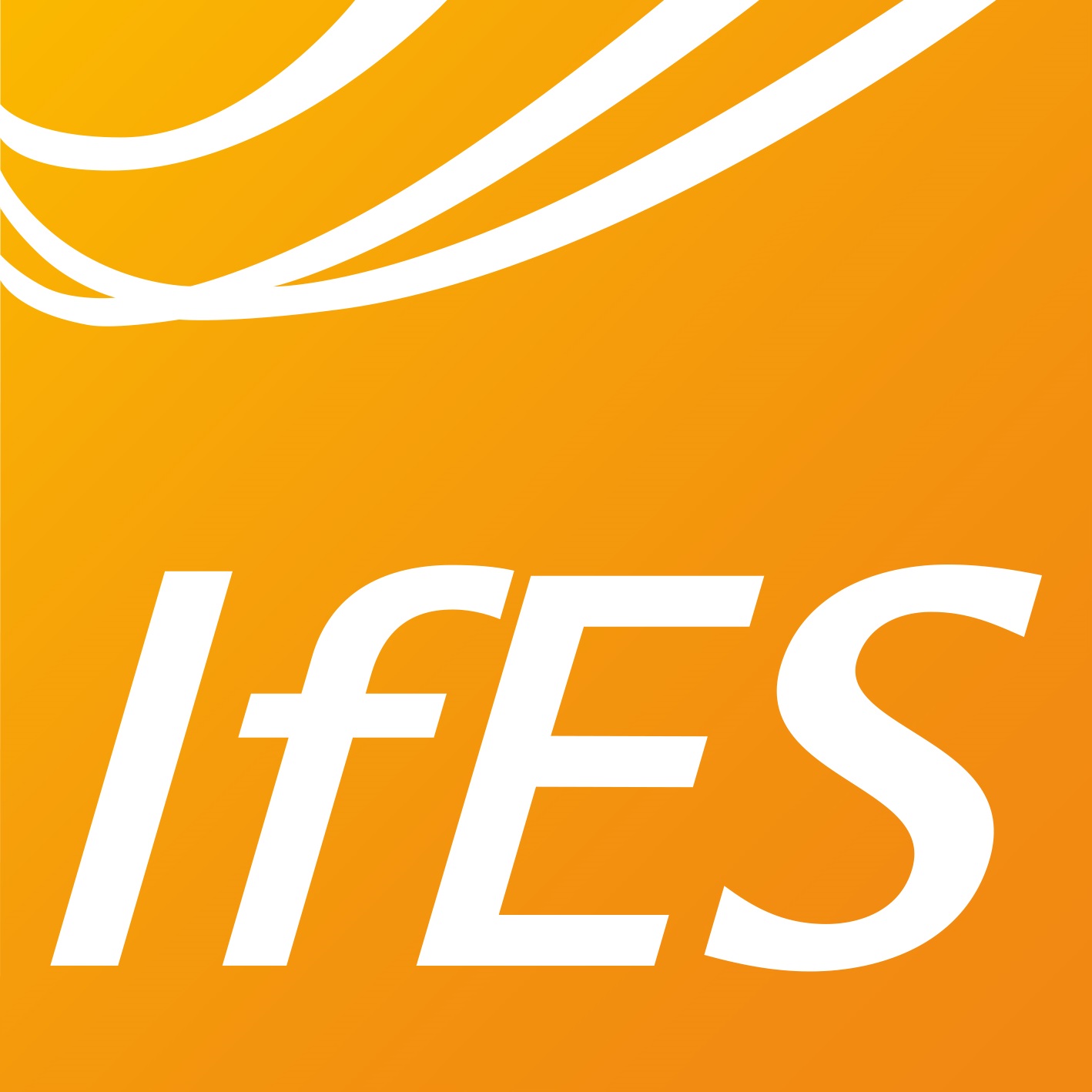Thermally accelerated aging of insulation paper for transformers with different insulating liquids
- authored by
- Tobias Münster, Peter Werle, Kai Hämel, Jörg Preusel
- Abstract
The article presents issues related to the aging behavior of oil-paper insulations in transformers using different oil-and ester-based insulating fluids. Despite numerous conducted studies on the subject of oil-paper aging, the use of new insulating fluids is creating open questions. In addition, new liquids such as synthetic and natural esters, as well as oil of the newest generation, are being used. Furthermore, there is still little research on the formation of aging markers with this form of the dielectric. For this reason, in this contribution, oil-paper insulations with mineral oil-based insulating fluids, natural and synthetic esters, as well as oil from natural gas, are aged thermally accelerated at 130◦C over a duration of 15 weeks, by considering two cases of free-breathing and hermetically sealed transformers. Therefore, various aging markers are investigated to allow a condition assessment. The results show that differences exist between the fluids and design of the transformer, as in the aging rate of the paper and the formation of aging markers in the insulating liquid such as acids. These findings can be used to improve asset management strategies by a more precise determination of the aging state depending on the transformer type as well as the type of insulating fluid.
- Organisation(s)
-
High Voltage Engineering and Asset Management Section (Schering Institute)
Institute of Electric Power Systems
- External Organisation(s)
-
GRIDINSPECT GmbH
- Type
- Article
- Journal
- ENERGIES
- Volume
- 14
- ISSN
- 1996-1073
- Publication date
- 01.06.2021
- Publication status
- Published
- Peer reviewed
- Yes
- ASJC Scopus subject areas
- Renewable Energy, Sustainability and the Environment, Fuel Technology, Energy Engineering and Power Technology, Energy (miscellaneous), Control and Optimization, Electrical and Electronic Engineering
- Sustainable Development Goals
- SDG 7 - Affordable and Clean Energy
- Electronic version(s)
-
https://doi.org/10.3390/en14113036 (Access:
Open)


